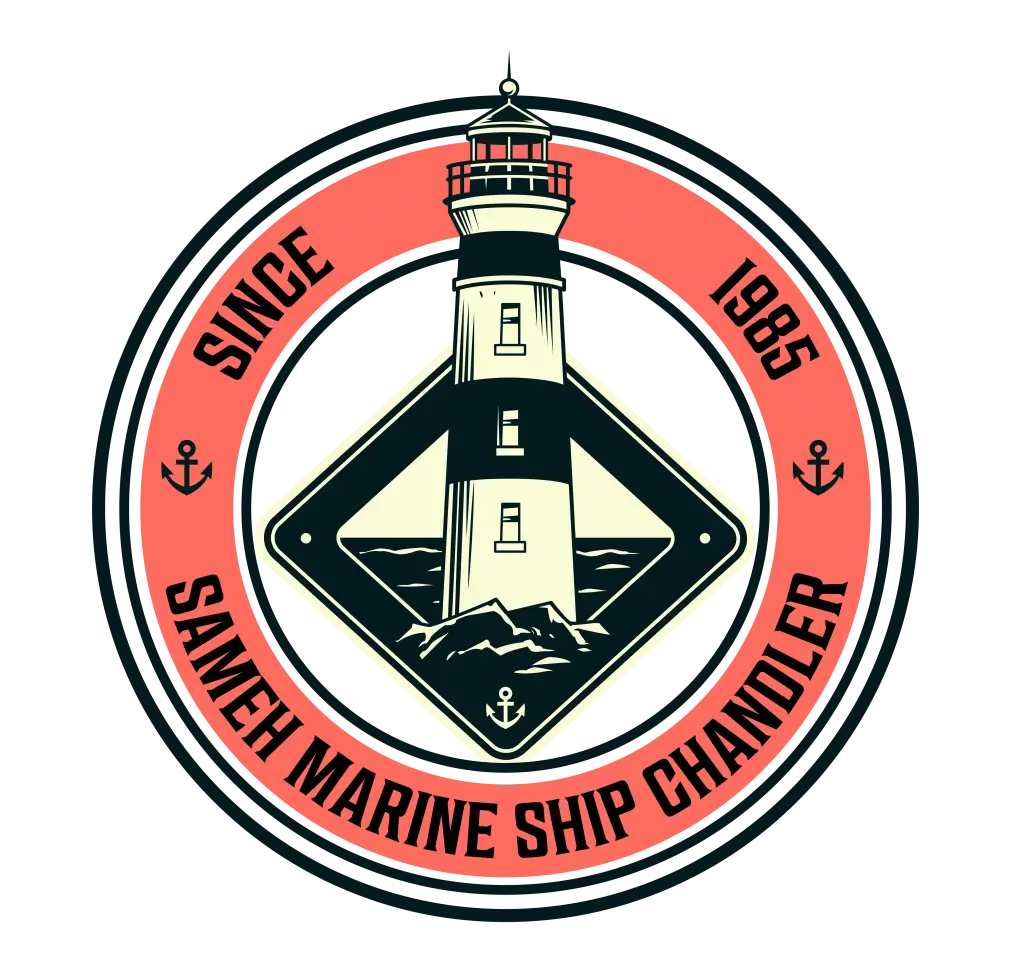Navigating ships through the Suez Canal presents unique challenges and risks. Mechanical failures or breakdowns during transit can disrupt operations, delay shipments, and incur costly repairs. Therefore, shipowners must ensure the reliability and performance of engine parts. In this comprehensive guide, we will explore the importance of reconditioned engine parts for ships transiting the Suez Canal and how they can contribute to a smooth and efficient journey.
Understanding Reconditioned Engine Parts
Reconditioned engine parts are components that have been refurbished to restore their functionality and extend their lifespan. Unlike new parts, which can be expensive, reconditioned parts offer a cost-effective alternative without compromising on quality. The refurbishment process involves thorough inspections, repairs, and testing to ensure that the parts meet the required specifications and performance standards.
Importance of Reliable Engine Parts for Suez Canal Transit
The Suez Canal serves as a vital shortcut for maritime trade, connecting the Mediterranean Sea to the Red Sea and facilitating the transportation of goods between Europe and Asia. However, the narrow passages and heavy traffic present challenges for ships navigating through the canal. Mechanical failures or breakdowns can lead to congestion, delays, and even accidents, highlighting the critical importance of reliable engine parts for a smooth and efficient transit.
Benefits of Using Reconditioned Engine Parts
Cost Savings
One of the primary benefits of using reconditioned engine parts is cost savings. Shipowners can significantly reduce their maintenance expenses by opting for reconditioned parts instead of purchasing new components. This cost-effective solution allows shipowners to allocate their resources more efficiently while ensuring their vessels’ reliability and performance.
Environmental Impact
Choosing reconditioned engine parts also has positive environmental implications. Engine Parts & Lifespan Extension of existing components, shipowners can reduce the demand for new manufacturing and minimize waste generation. Additionally, the refurbishment process often involves recycling and repurposing materials, further reducing the environmental footprint associated with maritime operations.
Quality Assurance
Contrary to common misconceptions, reconditioned engine parts undergo rigorous refurbishment to ensure quality and reliability. Reputable suppliers adhere to strict quality control measures and standards to guarantee that the reconditioned parts meet or exceed the performance specifications of new components. As a result, shipowners can have confidence in the durability and functionality of reconditioned parts for their vessels.
Choosing the Right Supplier
When selecting a supplier for reconditioned engine parts, it is essential to conduct thorough research and due diligence. Consider factors such as the supplier’s reputation, experience, and certifications. Look for suppliers with a proven track record of reliability and quality assurance and certifications from reputable organizations such as ISO or OEM approvals. By choosing the right supplier, shipowners can ensure that they receive high-quality reconditioned parts that meet their specific requirements and standards.
Maintenance Tips for Reconditioned Engine Parts
Proper installation and maintenance are crucial for maximizing the lifespan of maritime equipment and the performance of reconditioned engine parts. Shipowners should follow manufacturer recommendations and industry best practices when installing and maintaining these parts. Regular inspections, lubrication, and care can help detect and prevent issues before they escalate into more significant problems. By investing in proactive maintenance measures, shipowners can prolong the lifespan of reconditioned engine parts and optimize the performance of their vessels.
Case Studies and Success Stories
Real-life examples illustrate the effectiveness and benefits of reconditioned engine parts for ships transiting the Suez Canal. Case studies highlight successful transit experiences and the positive outcomes achieved by shipowners who chose reconditioned parts for their vessels. These success stories serve as testimonials to the reliability, cost-effectiveness, and environmental sustainability of reconditioned engine parts in maritime operations.
Conclusion
In conclusion, reconditioned engine parts play a vital role in ensuring the reliability and performance of ships transiting the Suez Canal. By choosing high-quality reconditioned parts from reputable suppliers, shipowners can save significantly, maintain operational efficiency, and minimize environmental impact. Proper installation and maintenance practices further enhance the longevity and effectiveness of reconditioned engine parts, contributing to the overall success of maritime operations.
Ready to optimize your vessel’s performance and navigate smoothly through the Suez Canal? Contact us today to explore our range of reconditioned engine parts and discover how we can support your maritime needs. Let’s journey towards reliability, efficiency, and sustainability together.
